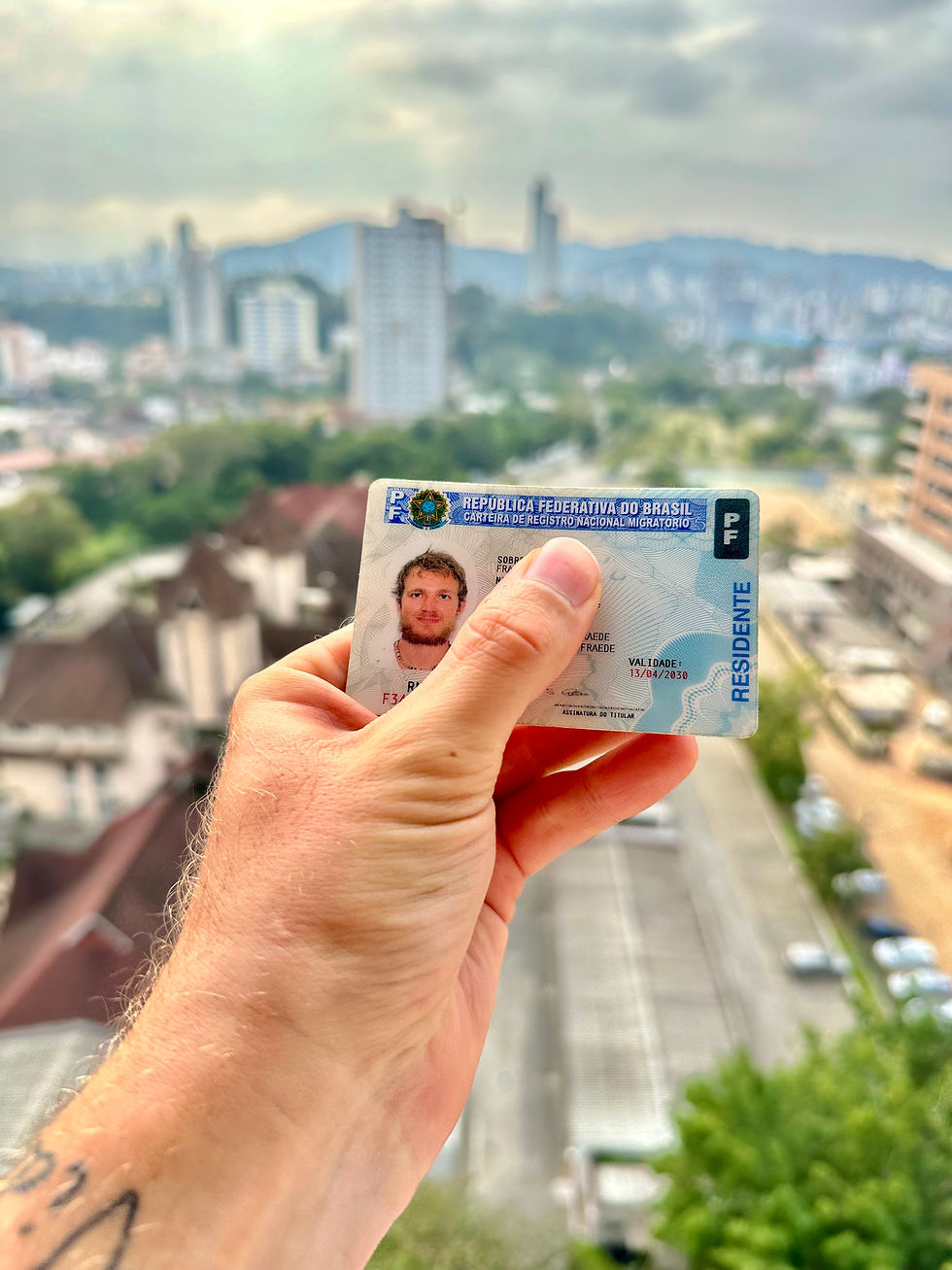The biggest superstition in the 21st century.
- svenfraede
- Oct 2, 2023
- 2 min read
The biggest human superstition in the 21st century is that pleasure equals happiness.
In reality, one doesn't have anything to do with the other. In fact, pleasure is often a substitution used to mask the lack of happiness and impedes it. And still, most of the time, we seek pleasure. But why?
1) Priming: companies and our entire materialistic culture have conditioned us to believe that one leads to the other - the more pleasure, the more happiness. Often, however, it is actually the opposite.
When was the last time you felt truly happy and content with yourself? Was it when you spent the entire day watching Netflix, or when you forewent quick pleasures and instead chose to go for a walk in nature?
2) Patience: pleasure is instant, whereas happiness is earned over time. You can eat fast food every day, or you can work on maintaining your physical health. You can spend your time on YouPorn, or you can focus on nurturing healthy relationships. You can buy a new pair of shoes, or you can save money for the trip you've been dreaming about for a long time.
There seems to be an odd rule of the universe: the longer the result of an action is delayed, the greater the eventual reward and contribution to happiness. We just have to be strong enough to resist the constant abundance of quick pleasures all around us.
This doesn't mean that we have to live in full asceticism, but rather that the more discipline we develop to resist falling for quick pleasures, the higher the chances that we'll increase our real happiness. The good news is: the more we eschew quick pleasures, the easier it gets and the happier we become.
Other bonuses that come with this lifestyle change include:
- we consume less, hence our ecological footprint reduces
- we spend less, leading to larger savings or even the option to reduce working hours to gain freedom
- we become less attached to material goods and luxuries, making us more adaptable to moments of hardship (which are inevitable).
How do you find a healthy balance of pleasures in life?



Comments